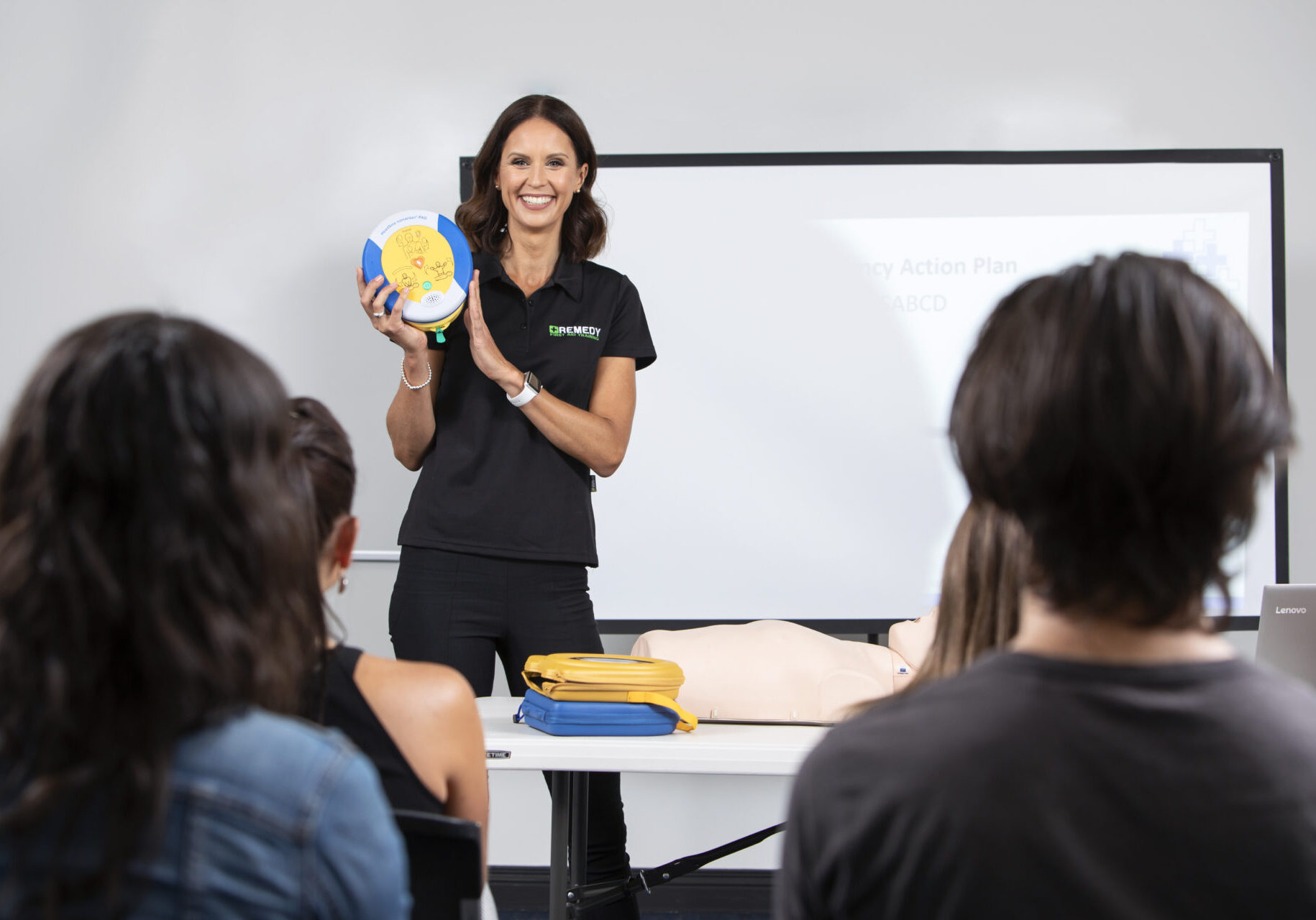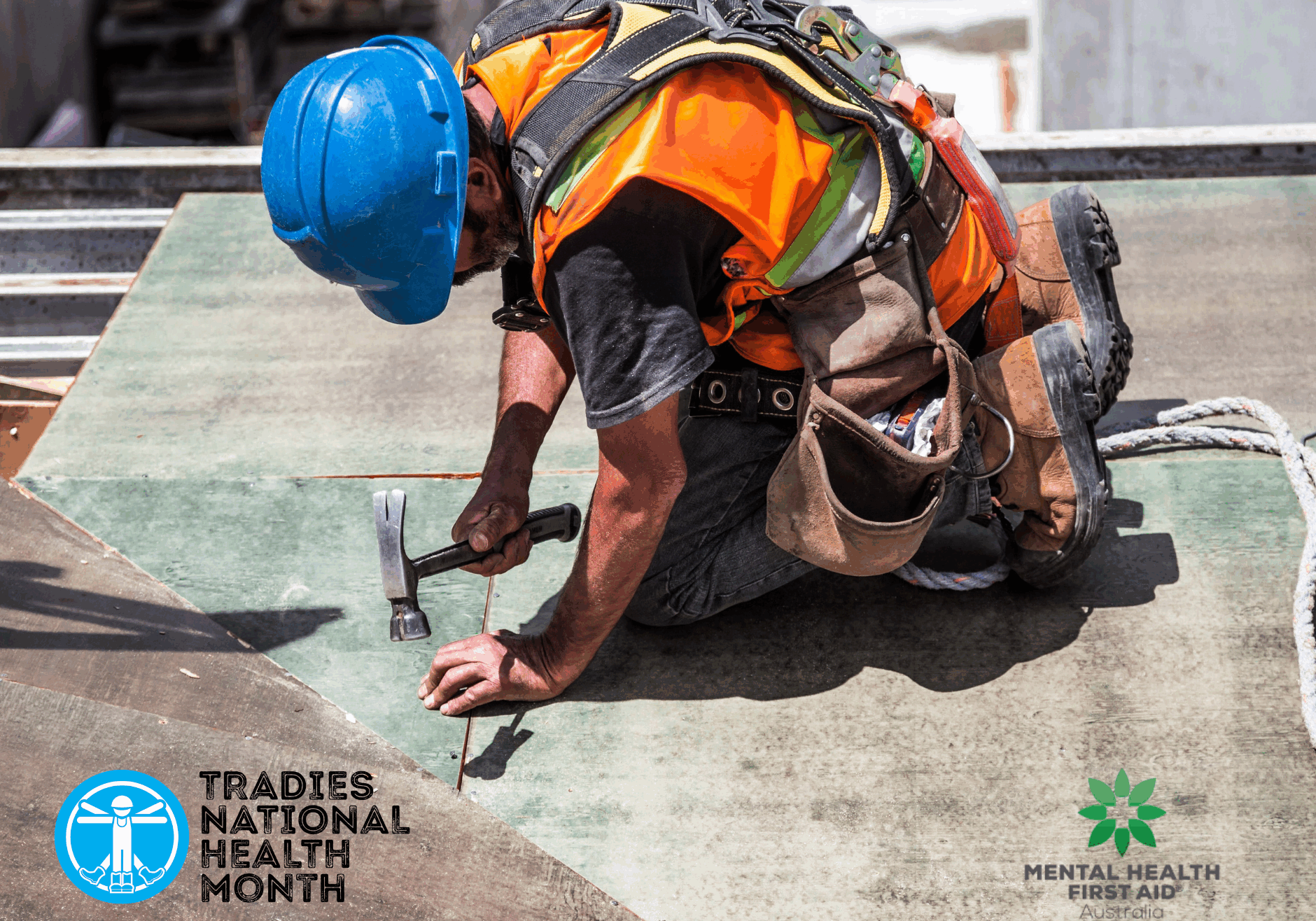February is Heart Health Awareness Month – What You Need to Know
Did you know that heart disease is the leading cause of death in Australia, affecting thousands of families and communities every year? February is Heart Health Awareness Month, and Heart Research Australia is shining a light on this critical health concern through their RED❤️FEB initiative.
This movement is about more than just raising awareness; it’s a call to action. It encourages everyone to wear RED, donate to heart health research, and take proactive measures to protect their heart health and the wellbeing of their loved ones.
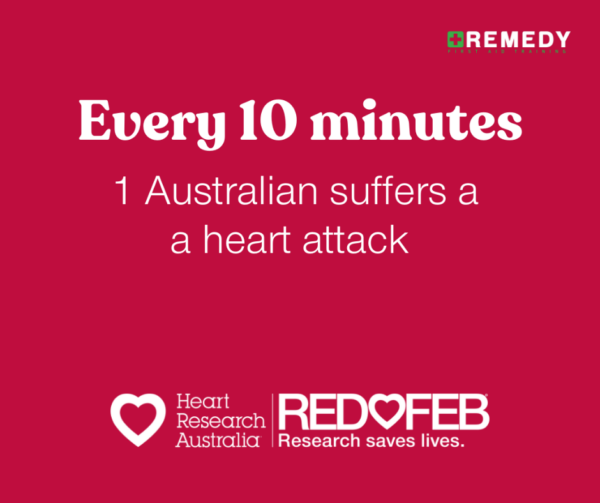
At Remedy First Aid Training, we’ve witnessed the devastating effects of heart disease and emergencies firsthand as ex-first responders. This experience drives our mission to empower individuals to act in critical moments. This article is packed with valuable information to help you recognise the often-subtle signs of a heart attack, respond effectively in an emergency, and prioritise heart health with confidence.
Heart Attacks and Warning Signs You Shouldn’t Ignore
Heart attacks don’t always look like the dramatic scenes you see in the movies. Symptoms can vary widely between individuals, and some can even mimic harmless conditions like indigestion or heartburn. It’s essential to know the possible signs so you can act quickly.
Common symptoms of a heart attack include:
- Dull pain, chest tightness, or discomfort that intensifies and doesn’t go away
- Jaw and neck pain
- Severe pain often described as “crushing”
- Squeezing or choking sensations
- Nausea, vomiting, flu-like symptoms
- Pain radiating to one or both shoulders and arms
- Pain from the chest to the back
- Sudden breathlessness
- Unexplained fatigue or weakness
- Sweating or fainting
It’s crucial to note that not all heart attacks are accompanied by chest pain. If you, or someone near you, experiences a combination of these symptoms for more than a few minutes, treat it as an urgent emergency.

What to Do During a Heart Emergency
Too often, people delay taking action when a heart attack strikes, costing precious time. Knowing exactly what to do can make the difference between life and death. If you suspect a heart attack, follow these steps immediately:
1. Call 000 (Triple Zero) Immediately
Call an ambulance and say it’s a possible heart attack. Acting fast can save a life.
2. Give Aspirin (if safe)
If the person is not allergic and has no bleeding issues, give them one 300mg aspirin tablet. This helps improve blood flow to the heart.
3. Keep Them Calm and Still
Help the person sit down and stay as still and calm as possible. Moving around can make things worse.
4. Be Ready to Do CPR
If they collapse or stop breathing, start CPR immediately. Push hard and fast in the centre of the chest.
5. Get a Defibrillator (AED) if Available
An AED (Automated External Defibrillator) If the person stops breathing and is in cardiac arrest, an AED can normalise heart rhythms. Many public places have one-send someone to find it.
Act Fast – Every Minute Counts.
Don’t wait to see if they feel better. A heart attack is an emergency. Getting help quickly can save their life.
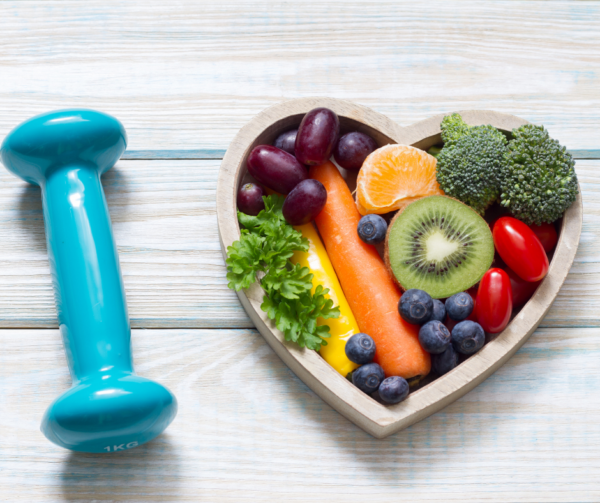
Proactive Heart Health Practices
Prevention is just as important as knowing how to respond. To reduce your risk of heart disease and improve overall heart health, here are a few key steps to incorporate into your daily life:
- Stay Active: Aim for at least 30 minutes of exercise daily, like walking, cycling, or swimming, to keep your heart strong.
- Eat Heart-Healthy Foods: Focus on vegetables, fruits, whole grains, lean proteins, and avoid trans fats and excessive sodium.
- Manage Stress: Practice mindfulness, yoga, or simple breathing exercises to reduce stress, which impacts heart health.
- Quit Smoking: Smoking significantly increases your risk of heart disease. If you smoke, seek support to quit.
- Know Your Numbers: Regularly check your blood pressure, cholesterol levels, and blood sugar levels. Early detection can prevent complications.
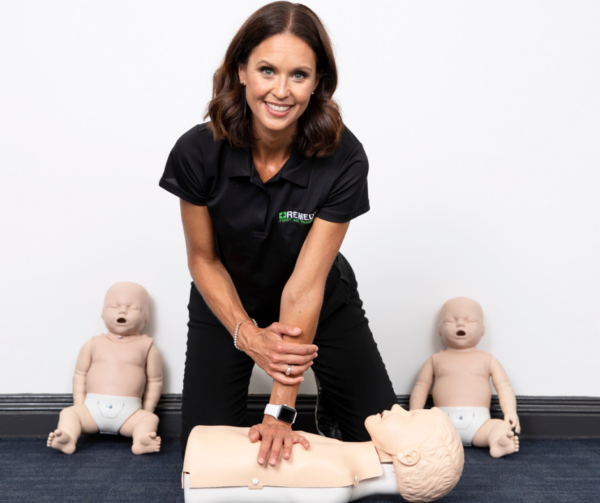
Learn CPR and Save Lives
Empowering yourself with CPR and First Aid skills is one of the most impactful decisions you can make. You can be the calm, prepared person who is the difference between panic and action.
At Remedy First Aid Training, we provide engaging, practical courses led by a team of ex-first responders. Our training ensures you’re confident to face real-life emergencies, from recognising heart attack symptoms to performing CPR effectively.
Download Your Free Guide to Understanding Chest Pain
Want to learn more? Download our FREE guide to understanding chest pain-a valuable resource to help you better recognise the signs and symptoms of heart conditions and take actionable steps to manage an emergency.
Wear RED for Heart Health This February
Join us this February for RED❤️FEB by Heart Research Australia. Wear red for someone close to your heart, raise awareness, and support vital life-saving heart research. By spreading awareness and taking action, you can help save lives.
Sign up for training todayFebruary is Heart Health Awareness Month – What You Need to Know





